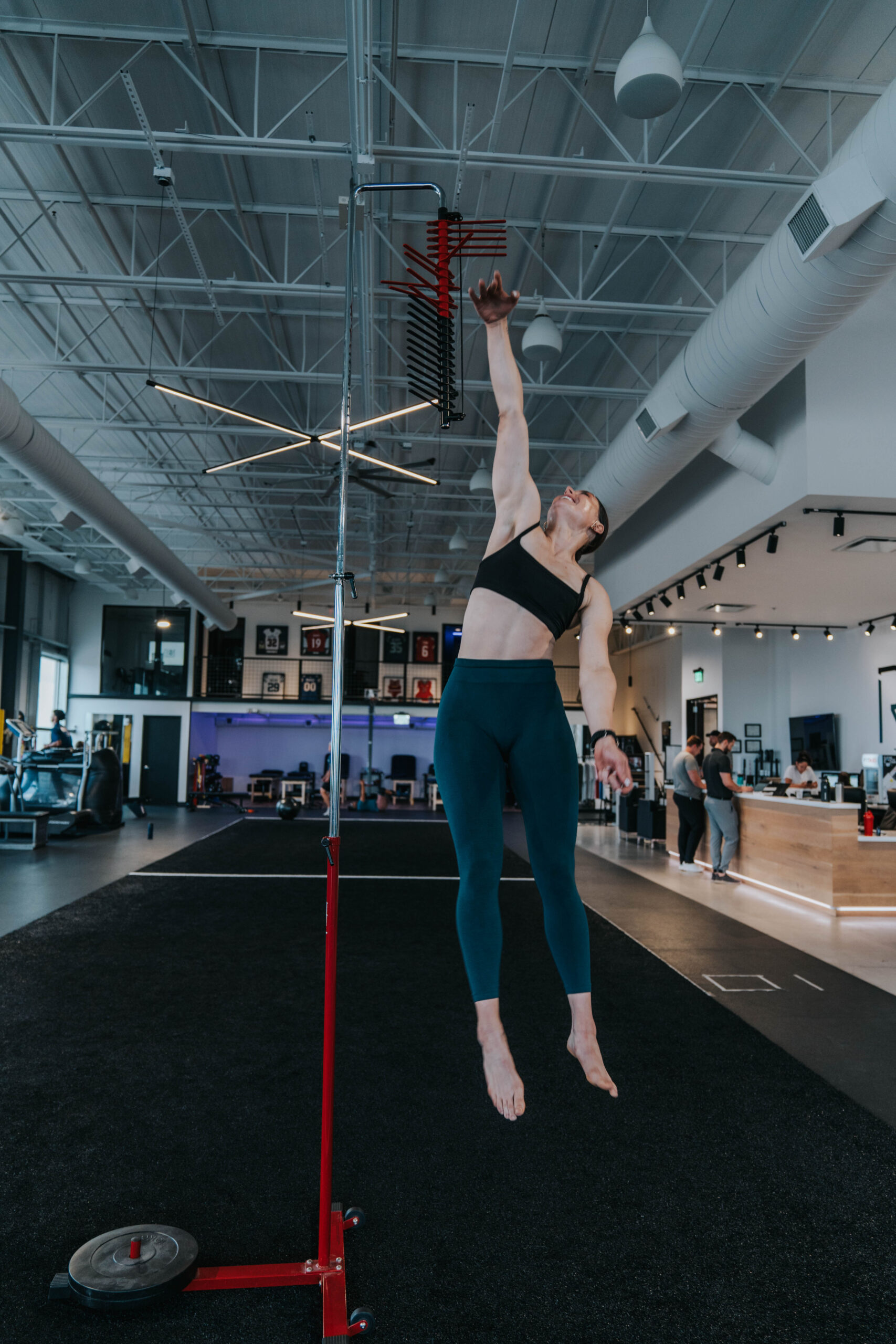In the world of professional and collegiate sports, some players will forever stand out as legends. From 1982 to 1994, Bo Jackson was an elite college and professional athlete in track, football, and baseball. When he was a freshman at Auburn, Jackson pulled off an acrobatic, aerobic, legendary move–hurdling over Alabama’s defense to score a winning touchdown. His superior abilities on the field earned Jackson a Heisman Trophy, MVPs, and Comeback Player of the Year titles, as well as the utmost respect in the world of sports. Imagine being the scout to see an athlete like Bo Jackson run, jump, and catch in an athlete evaluation.
Imagine being an elite athlete like Jackson yourself during your own athlete evaluation. Hard work in the gym and on the practice field can help you to reach peak performance levels. An athlete evaluation will assess your skills, abilities, and potential. Read on to learn 11 things you should expect from athlete evaluations.
- A full, physical assessment. The specific components of a physical assessment can depend on the sport. Typically, these include measurements such as height and weight, muscle mass, and body fat percentage.
- Evaluating abilities and specific skills. Evaluators want to know how proficient an athlete is in his or her sport. These evaluations may include tests or drills that showcase different abilities and skills. For basketball, this may be passing, dribbling, jumping, and shooting. For baseball, it may include base running, batting, or throwing. For football, it could be running and passing. At ROI, sport-specific training can help athletes fine tune their skills in order to excel.
- An assessment of tactical skills. While physical skills are important, they aren’t everything in sports. An athlete’s thorough understanding of his or her sport is essential to success. Athletes have to make decisions quickly, anticipate plays or moves, and react to unexpected events during play. Can you stay focused under pressure? While tactical things can be hard to quantify, evaluators are skilled at seeking these particular abilities out in stellar athletes.
- An overview of mental health and mental toughness. Mental health and toughness are two quite different things, but both are important when it comes to competitive sports. This is part of why balancing physical and mental skills are so essential to athletic success. During evaluations, athletes may do interviews, questionnaires, and even some psychological tests to determine mental fitness.
- A review of your character. At all levels, an athlete’s personality, values, and work ethic will be key to success. Qualities like work ethic, sportsmanship, leadership, and overall attitude will be observed by evaluators. In some cases, it’s important to note that some evaluations may even rely on character references. Professional conduct is something that ROI can help to practice and instill in athletes.
- Measuring your strength. How much force can you generate as an athlete? Establishing a baseline measurement of strength can help evaluators to conduct a thorough assessment. Strength evaluation can be through weightlifting exercises such as deadlifts, bench presses, and squats. At ROI, we place a lot of focus on functional strength training that is sport specific.
- Evaluation of endurance. As an athlete, one key to success is the ability to sustain physical activity for a long time. Running is one way to measure an athlete’s endurance. Athletes may be also assessed on endurance through the performance and maintenance of a high level of activity for an extended period of time.
- Powerful stuff. All athletes must perform some kind of power output for sport-specific actions. Trainers can assess an athlete’s power by having them perform exercises that generate force such as vertical jumps. Trainers also train athletes in plyometrics to help achieve more power.
- Checking your flexibility. For athletes, both active and passive ranges of motion can be tested in order to measure flexibility. Athletes may also do different stretches to assess flexibility. At ROI, trainers implement functional range conditioning, which optimizes peak performance levels of mobility and control.
- Assessing your bounce-back-ability. Power, strength, flexibility, and talent are all fantastic for sports. However, resilience and recovery are key abilities of an athlete as well. For athletes who compete often, being able to recover well is important for performance. Athletes who have been injured can use evaluation data to help assess progress, promote healing, and return to sport.
- Looking for something special. Consider Bo Jackson, or any outstanding athlete in your specific sport. Coaches often use athlete evaluations to identify top recruits for their teams. Sometimes you hear stories about how athletes were recognized for their talent and greatness early on; other times, you’ll learn about underdogs who worked hard to reach elite athletic levels.
ROI can help. How will you stand out in an athletic evaluation? ROI offers services and programs that can be customized to every single athlete. Our trainers take pride in getting to know an athlete and developing programs to achieve the best results possible. Learn more about the services offered at our website, or call 512-962-9141.

